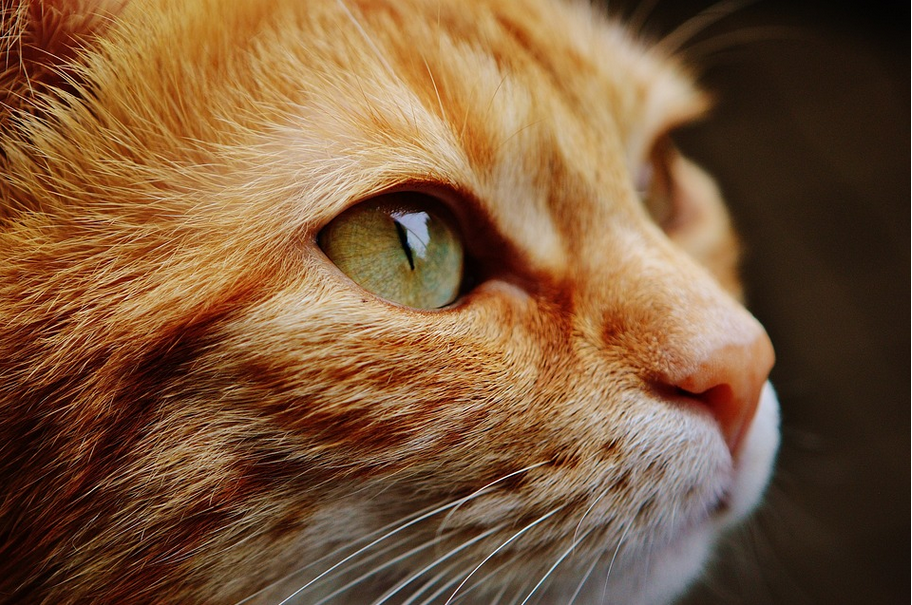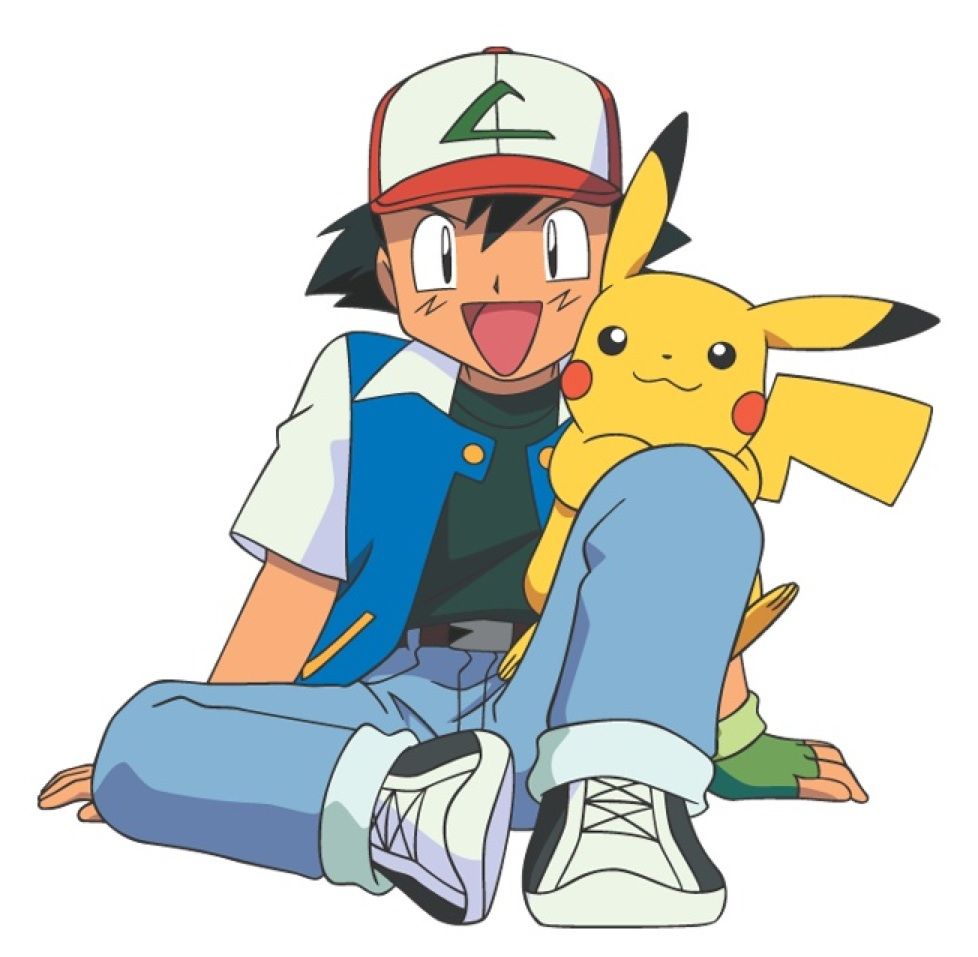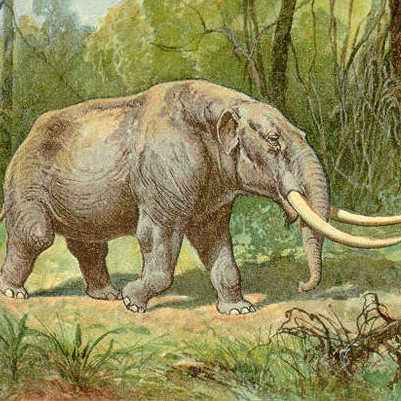A Response to a Perfect Zooey Future

Hi everyone, I'm Orange and this is my first contribution to Zooey.pub, and hopefully, not my last! I'll be writing today about utopia as a reply to Tarro's article "A Perfect Zooey Future" I hope my article here will also encourage others to propose their vision of the future, as we are a divers community and many visions of the future may coexist at the same time. A warning: I don't plan on tackling all questions asked by Tarro, or face them with perfect arguments, but if you feel up to the challenge, join the discussions!
For those of you that haven't read that article but would like the context, you can find that article here:
The first of Tarro's questions concerns the autonomy of non-human animals
I think th an interesting challenge to my values since I see myself as an anarchist, for which freedom is paramount, but too often only for humans. I am also against speciesism and I want to fight oppression based on species. Surprisingly, few authors of both these ideologies offer already cooked arguments to close the case. Lucky for me, there are two authorsSue Donaldson and Will Kymlickahe first is a vegan militant and the second, a philosopher known for his work on multiculturalism.
Like many vegan and animal rights authors, they propose in their book "Zoopolis: A Political Theory of Animal Rights" that non-human animals be given rights to protect them from human oppression. Where their ideas differ from other authors is by going further, creating a typology of animals: domesticated animals, like those that live in our homes with us; wild animals, those that live totally outside our societies, and finally, liminal animals, or animals that live among us but not in a close relationship, like squirrels and raccoons where I am living. Donaldson and Kymlicka explain in their book we can't give the same rights to all non-human animals, as they participate in society in different ways, if at all in the case of wild animals. They propose instead that domesticated animals be offered citizens' rights and liminal animals, restricted "denizens" rights as they are not directly involved in our societies. Wild animals are not ignored as Donaldson and Kymlicka make the bold proposition that they should be considered citizens of independent societies entirely. For these wild non-human animals, this would mean that human animals would "abandon" many parts of the world so they could live with minimal interference. Humans could still pass through these territories for transportation purposes and low-impact activities, but permanent installations and extractivist activities would be forbidden.
Considering this typology, we can see that we could offer some autonomy to certain individuals. Dogs and cats, for example, could be taught to use the metro system in a large city so they could move around easily (this is happening in some places but with a limited application). The main problem, as Tarro explained, is the issue of danger. Many human infrastructures are dangerous to non-human animals and the authors propose we should work toward safer spaces for individuals, especially in public spaces: "[...] we should relocate and redesign cars, roads, buildings, and other infrastructures to reduce animal impacts and create effective animal corridors and buffer zones" (Donaldson and Kymlicka, 2011, p.205). I think that public transportation would be the key here, as they can reduce the number of cars on roads and be more efficient overall, but this is another topic.
So far, I've only tackled a part of the argument. What about younger dogs? Up to a certain point, I feel like a restriction to autonomy is necessary as part of growing up. In my ideal zooey society, adult animals would be free to roam, but it would be necessary that young dogs be trained to behave correctly in a social context. This would imply pouring way more resources into animal education as we are now, as too often, animals are left to be trained by their human friends, who may or may not have the skill to educate a young animal, whatever their capacities after that to live with a non-human animal.
Now that the discussion about money is open, I'm also of the opinion that free healthcare should be offered to any individual, as it "[...] is a right of membership in contemporary societies, and domesticated animals have the right to be treated as members" (Donaldson and Kymlicka, 2011, p.142). On this topic, I feel like we are far from being in the best future we can hope for. A condition for autonomy is health, and I think we must make sure any domesticated animal shouldn't be left harmed or sick for money reasons. Taking an anti-capitalist standpoint briefly, if we could reorganize our society and get rid of bullshit jobs (see https://www.atlasofplaces.com/essays/on-the-phenomenon-of-bullshit-jobs/), we could have the time and resources to offer real care to our friends, human or not. At the same time, we can't avoid the subject of the animal industrial complex. We can't hope for a sane zooey future if animal farming is still happening; it would be hypocritical to continue to kill non-humans for food while we offer autonomy to our pets. Veganism has been treated in other articles and I won't repeat the same arguments, but I can't help but invite the reader to consider their diet if they want to reach this zooey perfect future.
On the topic of introduced species, this is a harder topic. Many vegan authors (with whom I disagree) have proposed that humanity should eliminate all predators, while others proposed that humans stop all interaction with non-human animals, and whatever happens happens. I'm not comfortable answering these hard questions as humans and especially colonialism and capitalism have created these problems. As we can't travel in time and prevent these problems from happening, I propose at the very least that we should work to stop any activities that could reproduce these problems in the future.
This is an enormous project if there is one; we may have, in the future, as an example, to severely limit long-distance travel to avoid the proliferation of invasive species. This would imply limiting air travel and international trade while we find solutions to avoid moving "invasive" species( better way to say it would be to say that we introduc a species a new biome without predators) Utopic? Maybe, but this is the type of proposition degrowth ecologists propose too. Maybe we will be forced to: if we want to tackle climate change, we will have to reduce our carbon emissions, and, no surprises there, a big proportion of these emissions comes from transportation (and food production, especially the animal industrial complex). Again, this is another topic, but we can't avoid it if we want to tackle this problem. At the same time, we can follow Donaldson and Kymlicka's advice and start to reduce our place on earth by letting some territories rewild and biomes evolve to a new equilibrium that would have more resilience.
The question of sterilization is another topic hard to face. Castration is definitively to be avoided as we know that th than anything compared to other options explored in other articles. We, humans, can have some sort of control over our reproduction - many among us prefer smaller families if there is no economic advantage to having several childrennd many others are comfortable , like lesbian women who take care of their nephews, or in the case of chosen families where children are by several adults. Could this type of compromise be offered to non-human animals? Many of us live with non-human animals that were not raised by their parents, or only for a short time. Sometimes, these young animals join families with older animals that often are happy to befriend them (and maybe even raise them?). Sterilization remains an invasive procedure, but without predators in mainly human communities, isn't it still the best option to offer to our non-human friends? I think so. Aren't we repeating the same errors that caused eugenics in human societies?
Maybe.
I bring up the topic of eugenics since we haven't talked about the effect of domestication. Many breeds of dogs are hardly viable on their own and we know for sure that individuals suffer from the effect of this form of eugenics (we can think of pugs and their difficulty breathing). I don't think we should aim to get rid of these breeds by choosing extinction like some vegan authors propose, but we should try to reverse these problems by avoiding inbreeding as much as possible and abandoning the idea of having pure race dogs. Dogs, cows, and other domesticated animals could remain codependent on us (I add co- to dependent, considering humans depended on animals to become what they are today) as the goal is not the isolate humanity from animals to avoid moral issues. I'm sure many folks around here wouldn't want that; we do love animals after all!
These are some of my thoughts and answers to Tarro's article. I'll remind you that I don't consider my arguments perfect or complete in any way. What I wanted was to contribute to this discussion and I hope others will participate too. This and other resources are now becoming a cement to unify the zoosexual community and it is important to think about our future if we want to offer something new to society that goes further than simply tolerance. We know our societies have flaws, but let's use our differences for the greater good.\
Article written by Orange (September 2023)
Find them at https://feral.cafe/@orangeat
Questions, comments or concerns? Check out our Discord server!




